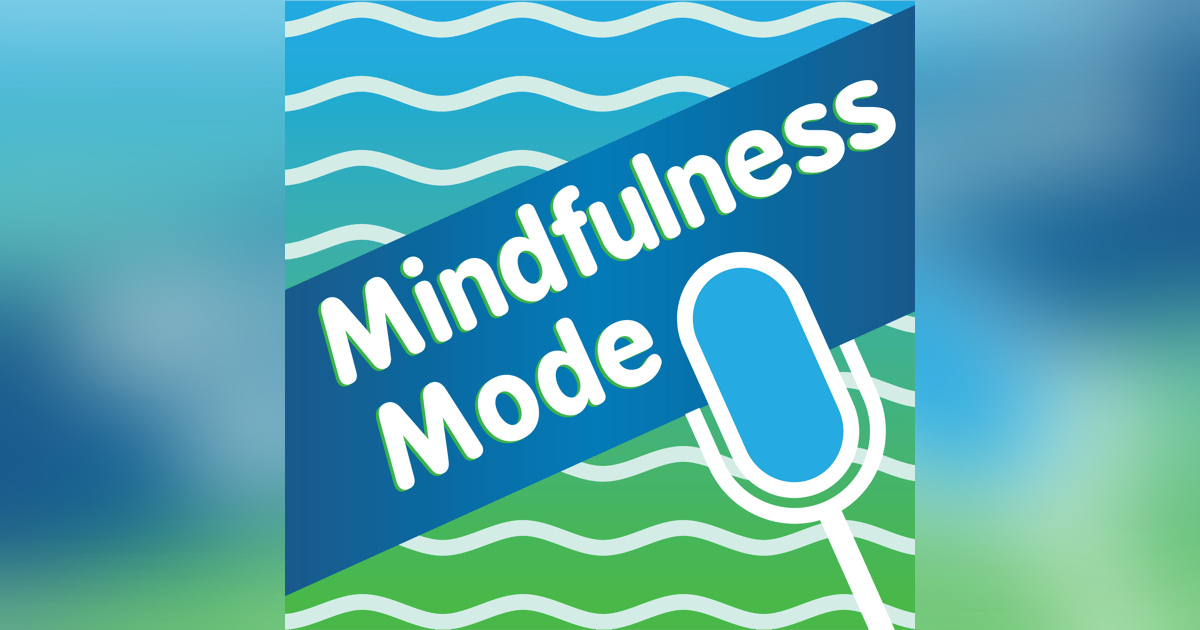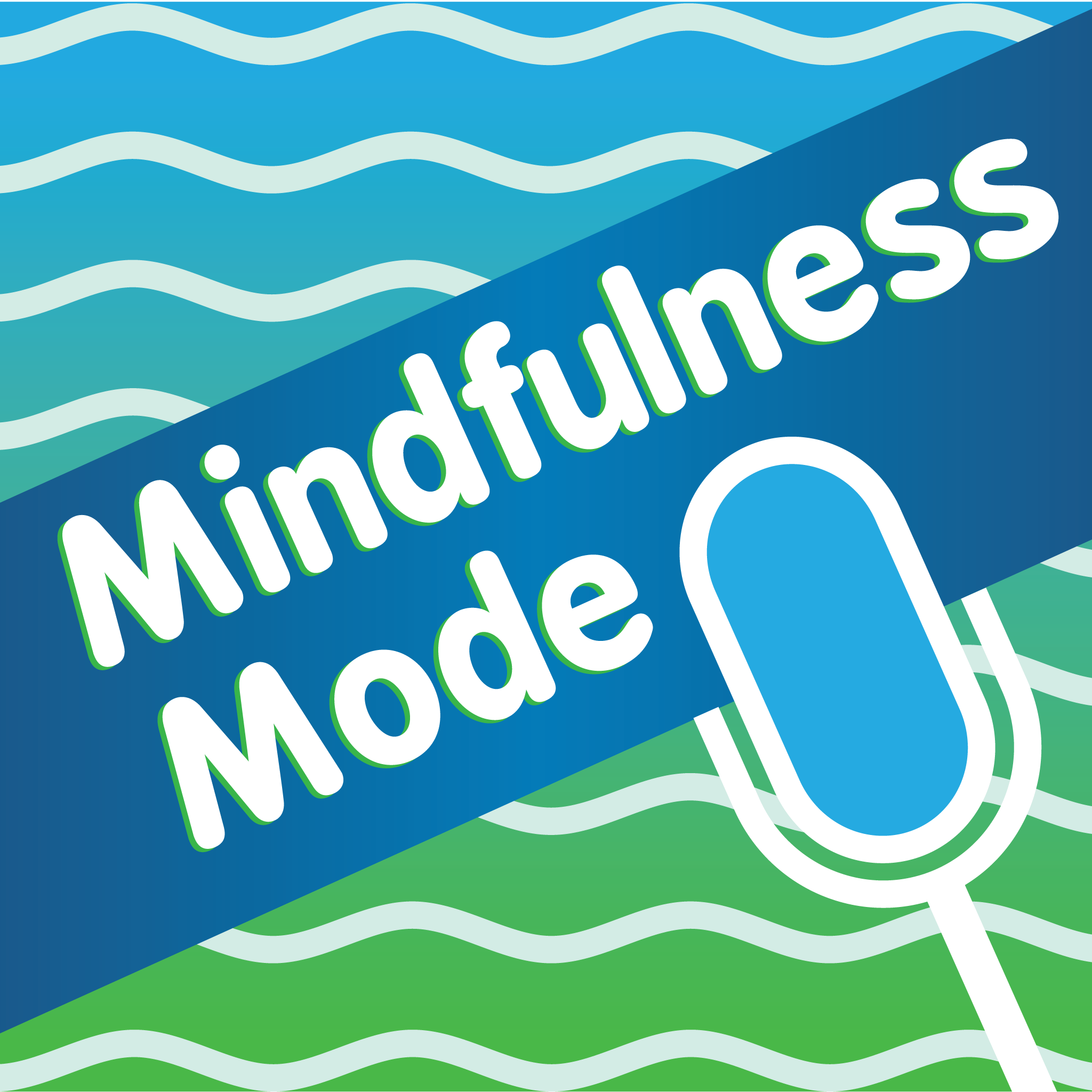Dec. 17, 2020
Transforming Crisis into Opportunity; John Robertson

The player is loading ...

John Robertson helps leaders navigate crises and build culture. He is referred to as a workforce wellness and culture alignment specialist, working in the field of forward-thinking leadership. John provides guidance to develop a values-anchored framework based on trust and mindful centered communication. He has over 30 years experience in crisis intervention, leadership, and culture transformation, and has worked with clients in numerous communities, first responders, First Nations, and international trauma and crisis boards service.
Listen & Subscribe on:iTunes / Stitcher / Podbean / Overcast / SpotifyContact Info- Website: www.Fortlog.co
- My wife
- When it comes to dealing with people in crisis, it's pretty simple for me to come in as some distant professional, and sometimes that means to show no emotion.
- My journey has taught me that sometimes that's the worst thing to show as a professional. Sometimes things just stink and there's nothing we can do. I still remember doing a death notification of a woman, her son was in college, an only child and her husband had died in the country that she had come from.
- She was telling me about her son. All I could think of was, this poor woman. And I can remember tearing up and part of my journey is, big boys don't cry. My heart really ached for her. It allowed me to be with her. And it was a newspaper article, a couple of weeks later, that I cut out and gave to my wife because in the newspaper there was a thank you and it was written on the worst day of my life. I spent the early morning hours with an angel.
- My wife didn't believe it was me at first, but when I connected who that person was with her on the worst day of her life. What did I learn about mindfulness and about being present, about not being cognitive but not being a jellyfish just to own what I'm really experiencing and then addressing my mindset to say, I can't fix this, so I am going to be with her and just hear her stories.
- This is where mindfulness can be a very subjective definition. For me, mindfulness allows me to be present in that moment with that mindset that says, what is the best thing that I can do right now to help.
- Here's where my dark humour gets me into problems. Do not start smoking. However, I teach deep breathing from the smoking perspective because smokers do three things that we have to learn: 1. they take a break, 2. they are outside with social support, and 3. they're doing deep breathing exercises.
- A smoker who might be really stressed as they are exhaling will blow rings. That even slows the exhale down more. The smoke break principle is the triangle model: inhale for 5, hold for 5, exhale for 5.
- Book: n/a
- App: www.MindfulnessMode.com
- I sucked my thumb till I was seventeen. I quit during the summer when I was a junior forest ranger up in northern Ontario. I was bullied for sucking my thumb to the point where the school would call my parents and say that if I didn't stop sucking my thumb, I would be bullied more.
- Having sucked my thumb for that long, I believe that it prepared me to deal with opposition in a way that doesn't always beat me down.
- Finding Bliss In Times Of Crisis; Moneeka Sawyer
- 444 Live The Life You Love With Victim To Victor Author, Nick Santonastasso
- 225 A Place Called Earth Founder, Cameron Brown